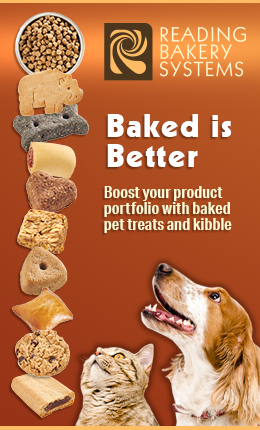There are exciting innovations in age-specific treats and foods, while products with sustainable slogans have potential.
In this article we´ll discuss the major innovations that have been launched in recent months and the opportunities they represent for pet food manufacturers.
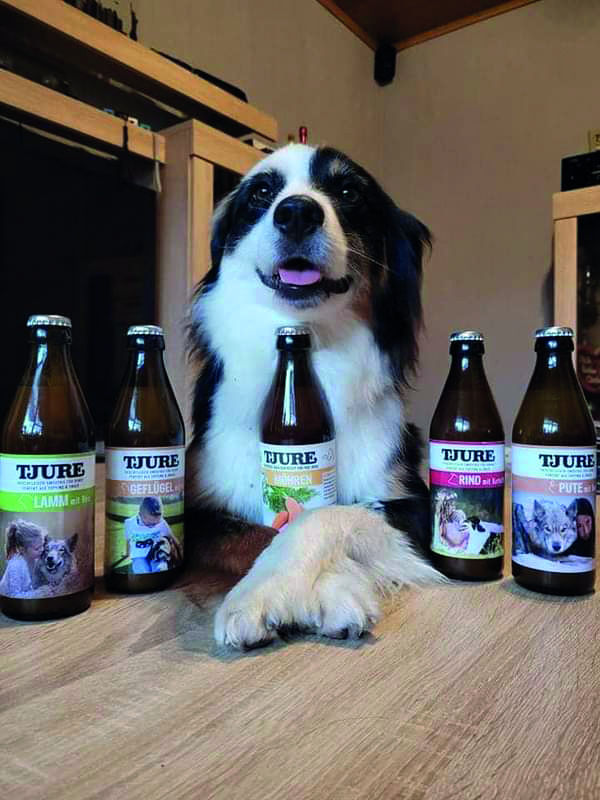
Capitalize on clean label trends
Consumers in the mass market are increasingly looking for recipes that do not contain harmful substances, such as artificial additives. According to consumer data from Mintel, a market research company in London, 41% of UK adults buying pet food are looking for all-natural foods.
These clean label considerations are also impacting the type of food pet owners are choosing for their four-legged companions.
Between 2019 and 2020, around 53% of pet food and product launches in Europe featured a "natural" slogan, and it's a category of claims that has grown steadily over the last five years - according to Mintel.
The natural tagline category is dominated by the phrase "no additives/preservatives," which appears in 43% of launches
Pet owners' expectations of clean labels have shifted from "safe" and natural ingredients to requiring access to product origin and manufacturing information.
Germany. wet food
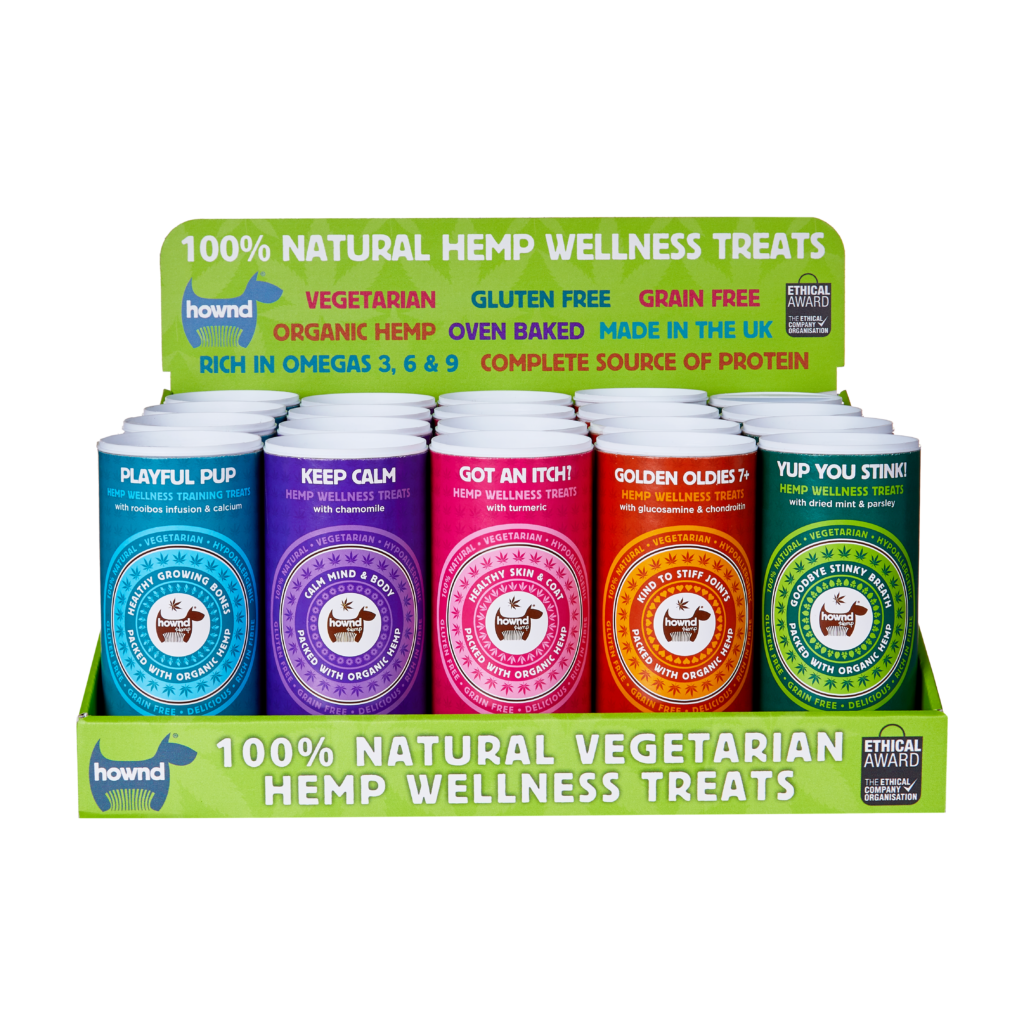
United Kingdom. Hownd Hemp prizes and 100% vegetarian snacks
Functional pet foods and products gain traction
Pet food brands are responding to owners' interest in ensuring their pets live long and healthy lives by developing foods and treats that promise a wide range of functional health benefits, often linked to popular ingredients like CBD for anxiety, probiotics for healthy gut microbiota, or DHA for cognitive functions.
72% of pet food and products in Europe featured a functional claim/slogan (i.e. immune system, joints, muscles, nervous system), according to Mintel.
Beaphar's Snack, launched in France, contains cannabidiol (CBD), which has acclaimed beneficial properties for dogs, such as improving vitality, stimulating the immune system, and supporting joints and muscles.
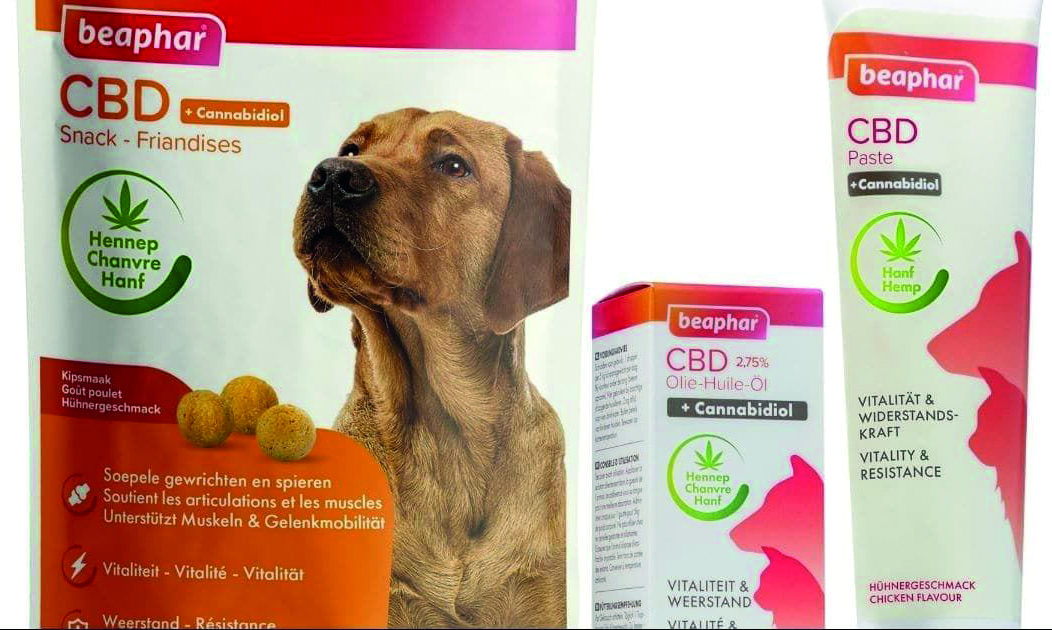
France. Beaphar treats and snack with CBD.
Pet food joins the cause of climate change
The climate crisis will remain a long-term consumer concern, and brands must innovate to reduce their environmental footprint, sourcing from sustainable ingredients to plastic-free and compostable plastic packaging.
As a result of the crisis, consumers are looking for organic products in all facets of their lives, including pet food and products. In France, 72% of pet owners say they try to buy pet food from environmentally friendly companies.
In Europe, most of the ethical and environmental claims concern the packaging, whether it is made from recyclable materials or with an environmentally friendly process, such as soy-based inks.
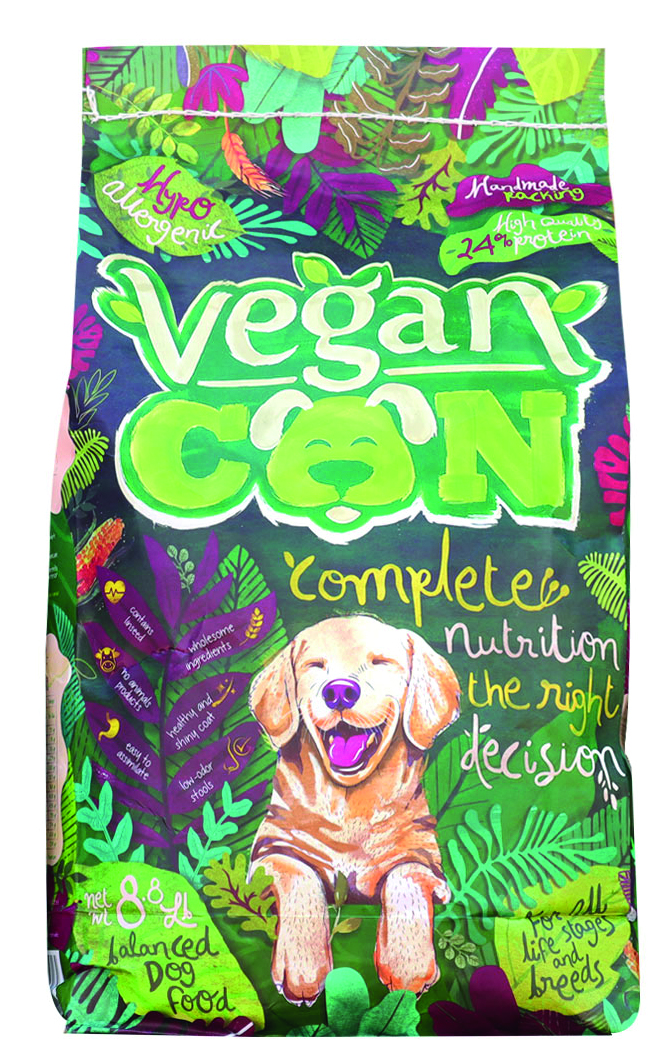
United Kingdom. Scrumbles recycled material, no plastic and ethical company logo.
LATAM markets increase natural launches
In Latin America, claims of naturalness (no additives/preservatives, all-natural product, GMO-free) have seen growth as a percentage of pet food and product launches.
For example, additive/preservative-free claims more than doubled between 2015 and 2019 to reach 22% of all pet food and product launches in Latin America between 2019-2020.
Lastly, other texture trends, and special dietary products, are also emerging, creating plenty of new areas of innovation to explore, as around 36% of pet owners in Brazil worry that their pets will get bored of eating the same type of food every day.
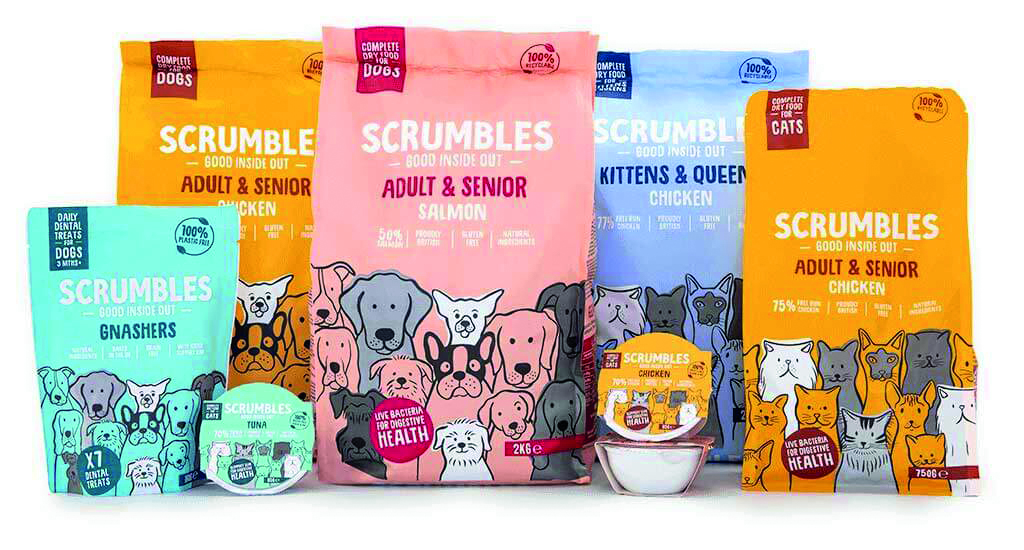
Brasil. Padaria pet, wet petfood made with steamed ingredients.
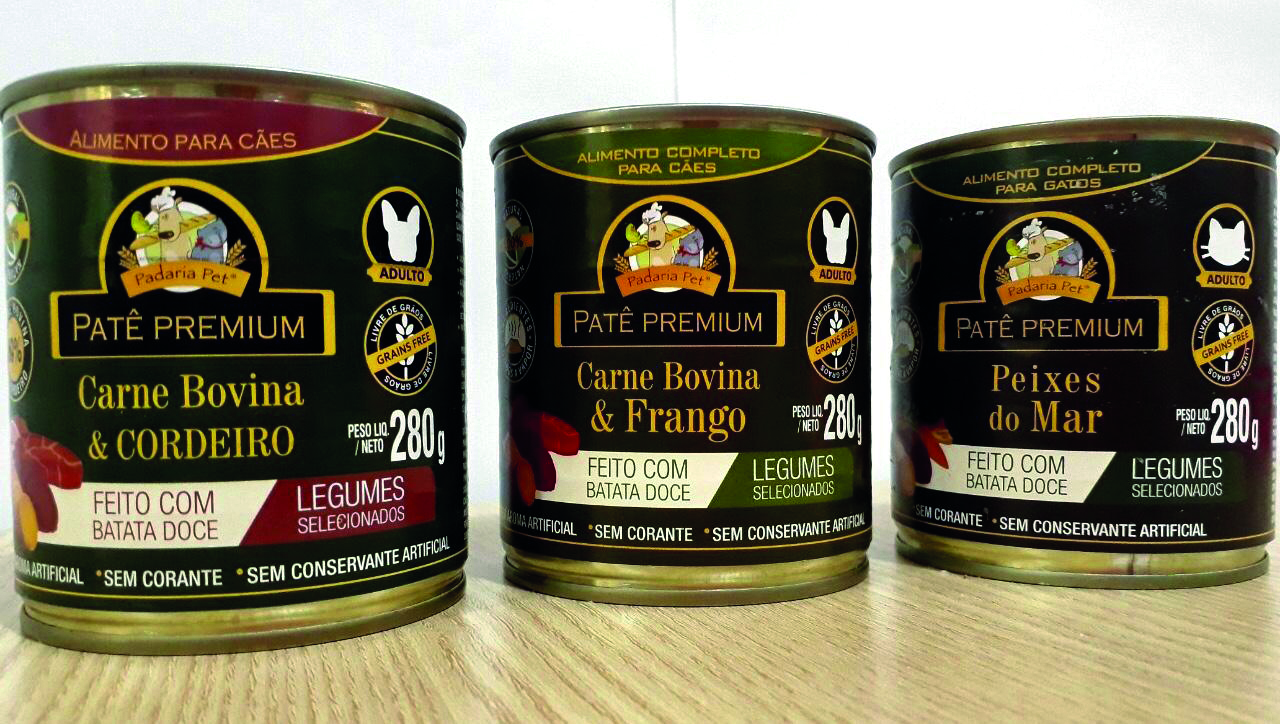
Peru. Completely vegan feed for dogs.
What's next?
This innovation review highlights what has been brought to market. In the short to medium term, consumers, including pet owners, will completely change the way they interact with each other, with brands, and pet food companies, due to the COVID-19 outbreak.
Power, immunity, transparency of supply sources, and online availability will be important factors in the purchase decision.
In the future, other opportunities, aided by new digital technologies, will facilitate the emergence of new products and services in the personalization space. Experimentation with unconventional sources of animal protein, which can benefit both pets and the planet, as well as advances in biotechnology will be of growing interest.
By: Diana Mercado
You could be interested: Greenwashing in pet food: what it is and how to avoid it






















